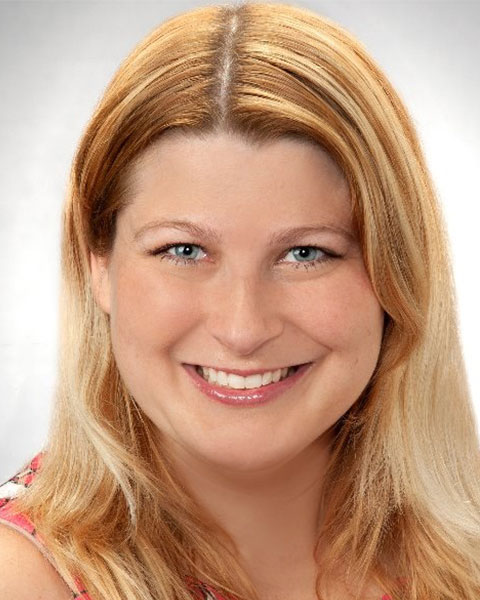Virtual Symposia
Child and Adolescent Psychiatry
Treating Autism Spectrum Disorder Across the Lifespan and Integrating Care and Evidence for Optimized Care. Sponsored by ACLP's Pediatric SIG

Shelly Kucherer, MD (she/her/hers)
Assistant Professor of Psychiatry
University of Pittsburgh School of Medicine
Pittsburgh, Pennsylvania- AI
Alex Israel, MD
Assistant Professor of Psychiatry
UPMC Western Psychiatric Hospital
Pittsburgh, Pennsylvania - JJ
Julie Jacobson, MD (she/her/hers)
Clinical Associate Prof Psychiatry and Pediatrics KSOM of USC
USC and CHLA
Los Angeles, California 
Laura A. Markley, MD FACLP, FAAP, FAPA (she/her/hers)
Division Director, Medical Consultation
Akron Children’s Hospital
Akron, Ohio
Lead Speaker(s)
Speaker(s)
Autism spectrum disorder (ASD) has continued to become more prevalent; recent data shows that 1 in 44 children in the US have this diagnosis. Patients with ASD have deficits in social communication and restricted and repetitive behaviors and can affect their life in various ways. One aspect affected is their medical care, related to challenges occurring during hospitalizations and outpatient appointments. Patients with ASD more frequently have unmet health needs, have less communication with their doctors and more chronic health problems. They also have significant medical comorbidities and higher mortality rates, highlighting the importance of finding ways to optimize their medical care. Medical systems often struggle to manage autism behaviors when these patients present for care. As ASD is a lifelong diagnosis, it is imperative to look at care throughout the lifespan and consider ways that autism affects patients at all timeframes of their life. CL psychiatrists are optimally placed as the physicians to help with care of these patients in multiple settings. This workshop will focus on looking at childhood and adult considerations within ASD to showcase a unique perspective from both child and adolescent and adult CL psychiatrists of how we can optimize the care of autism throughout the lifespan. Hot topics regarding care of these patients in the medical setting, as well as reviewing common medical comorbidities and emerging diagnoses will be discussed. Dr. Laura Markley will begin by reviewing presentation and diagnosis of autism, with a focus on interpreting and managing aggressive behaviors. Dr. Julie Jacobson will review GI diagnoses associated with autism, with a focus on avoidant/restrictive food intake disorder (ARFID), an eating disorder outlined in DSM-5 of which autistic patients are more susceptible. During the pandemic there has been an increase in patients admitted for medical stabilization of eating disorders including ARFID, and these patients present challenges to algorithms used to support their care. Appropriate work-up and monitoring will be reviewed, as well as discussion of how these issues progress into adulthood. Dr. Alex Israel will discuss neurologic diagnoses in children and adults with autism with a focus on managing psychiatric manifestations of epilepsy, a common medical comorbidity of autism, and functional seizures. Dr. Shelly Kucherer will discuss women’s health in children and adults with autism and how hormonal changes can affect behaviors in autism. The workshop will conclude with case presentations to help reinforce ways to optimize medical care of patients with ASD and to brainstorm challenging disposition issues when patients are in the medical hospital. We will leave time for questions to help with concerns from the audience. Volkmar, F. R., Reichow, B., & McPartland, J. C. (2014). Adolescents and adults with autism spectrum disorders. New York: Springer.
References: Maenner, M. J., Shaw, K. A., Bakian, A. V., Bilder, D. A., Durkin, M. S., Esler, A., ... & Cogswell, M. E. (2021). Prevalence and characteristics of autism spectrum disorder among children aged 8 years—autism and developmental disabilities monitoring network, 11 sites, United States, 2018. MMWR Surveillance Summaries, 70(11), 1.Learning Objectives:

